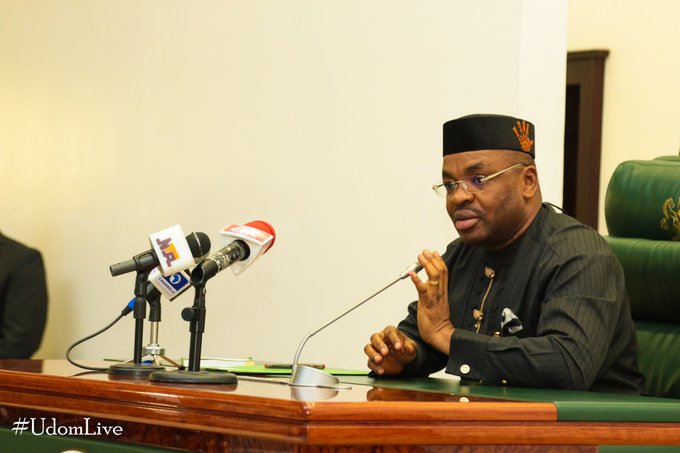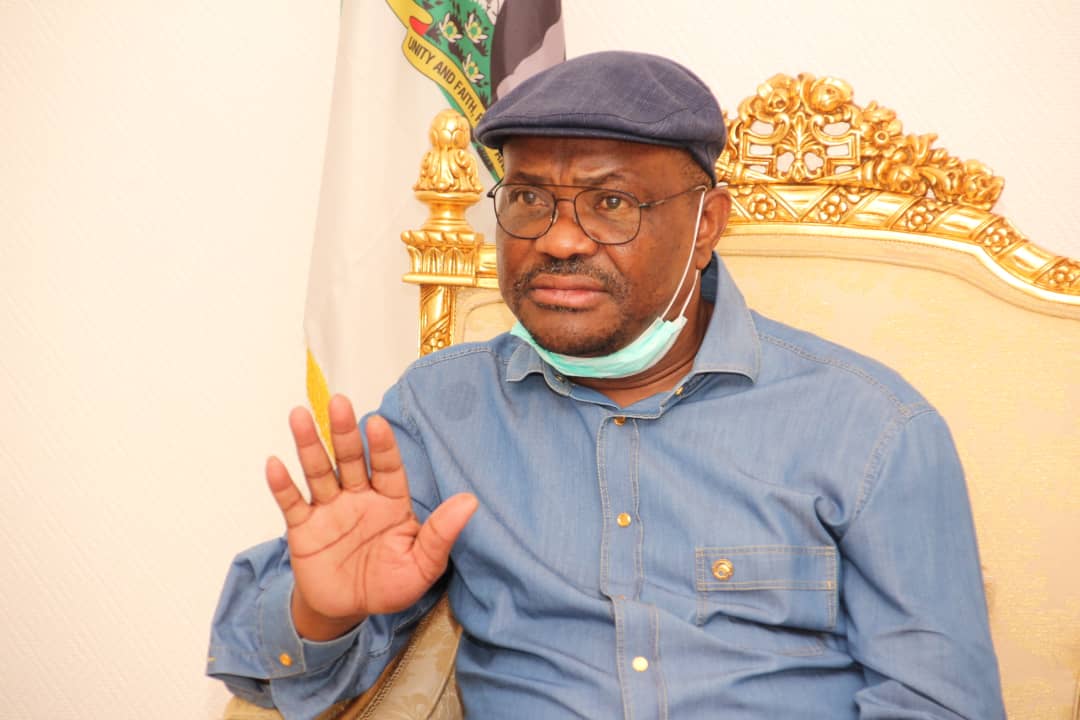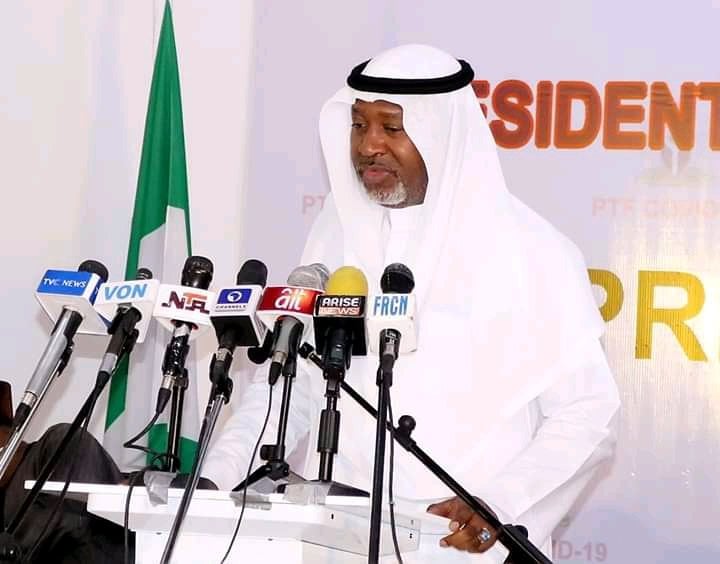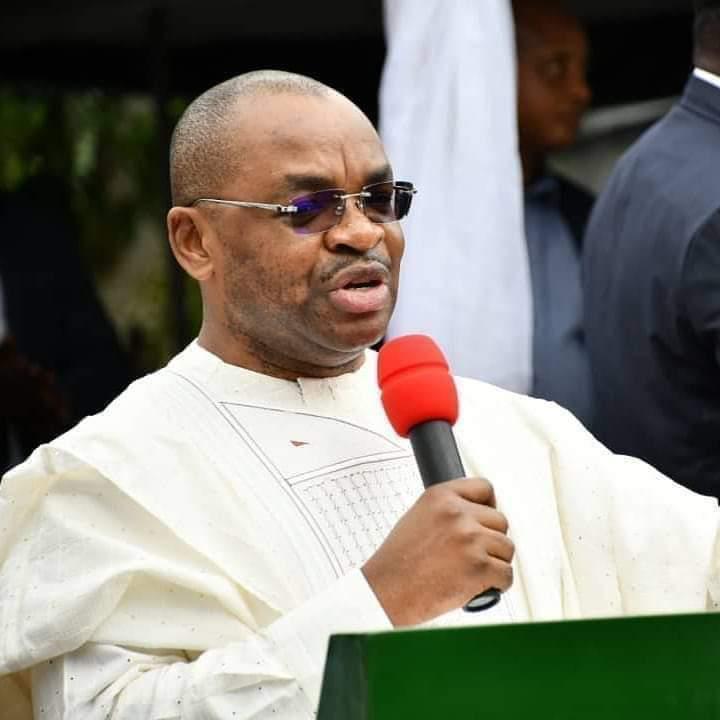BY ALABI AKINROGUN
Strange things are known to happen all the time in Nigeria, and especially in matters of governance and public policy, mostly to the detriment of the population, despite occasional bright spots. As the Nobel laureate, Professor Wole Soyinka once quipped, if he had written about these strange happenings in Nigeria as fiction, before they happened, people would have probably thought he was going crazy. Rather unfortunately, Nigeria sometimes confounds fiction with the actual occurrences that go on here.
In a strange case happening now in the Nigerian broadcasting sector, which despite all sorts of challenges, has shown an inclination to grow, particularly on the content side, and with foreign players and investments coming into the country to give it a sorely needed uptick, and enhance benefits to the creative economy and national image, we have a minister who, in a fit of pseudo-nationalism, is bent on foisting a policy on the broadcast sector that can only do incalculable harm to it.
This policy being smuggled in through the amendment of the Broadcasting Code – a perfectly legitimate and obligatory act – has all the hallmarks of a rampaging elephant let loose in a glass shop, in an attempt to get rid of a pest. The consequences can only be imagined. More than enough has already written by industry players on how their output, their investments would be affected, with major players like Iroko TV, Netflix, etc. being shaken and troubled by this development.
Advertisement
The National Broadcasting Commission (NBC) Code was to be amended in due course, and thus in 2017, a full stakeholders’ consultative forum was held, with the Board, Information Ministry representatives and over sixty industry stakeholders present in Kano. The output from that forum was then to be subjected to due process and a final draft of the document made available for further input, comments, et al, before the final amendment to the Code would be ratified and published.
In 2019, following the electoral campaigns and elections, having noted the various infractions in the sector, with potential serious national security implications, by various media houses, the president-cum-Federal Executive Council tasked the minister in charge to come up with policy reforms to check future infractions.
Somehow, this assignment seemed the perfect opportunity for the minister to smuggle in his own agenda, which was also driven by an industry player with an eye on swinging the Broadcast Code to help smite his own perceived monster competitor and help break the shackle of great content rights held by this perceived competitor. The minister, working under the guise of a nationalistic agenda, which sadly was not “road tested” or “stress tested”, was now held as the gospel agenda.
Advertisement
For some reason, the NBC Code 6.0 is now the minister’s priority, though he had said to all and sundry at the start of his tenure in 2015, that the actualisation of the digital switch over (DSO) was his priority, and for the first three years or so, that was his song everywhere, to the point of usurping the role of the NBC and the Board in driving the DSO implementation programme through the DigiTeam.
Somehow, the DSO implementation is no longer a priority, although everything else rides on it. One wonders why this is so. Could it be that the minister wants us to forget the failure of implementing the DSO four years after they kicked out the former director-general of NBC who was driving this? And/or now that “the benefactor-beneficiary” of the DSO has passed on, there’s no more enthusiasm?
Now, let’s backtrack a bit and consider the set up of the Commission and the Act enabling it. The Act setting up the Commission is almost a unique one among the ministries, departments and agencies of government (MDAs)/parastatals in Nigeria, in that whilst the minister runs the supervisory ministry, the Commission’s powers and acts are mainly vested in its Board. The minister may request the Board to take action on an issue, but actually not direct it to do so.
The minister may advice and guide the Board, but not issue directives on the running, management and policy decisions of the Commission, which are the preserve of the NBC Board.
Advertisement
The minister in question, however, despite being a lawyer of many years standing, seemingly seems ignorant of the following, which guide and guard the work of the Board:
(a) The Act setting up the Board;
(b) The Civil Service Rules that guide the operations of the Commission, and
(c) The Booklet of the Bureau of Public Service – The Corporate Governance Manual.
Fast-forward to 2020, following the presidential/FEC directive to the minister, a retreat is organised for the Board in Lagos, which had decided to workshop the amendment to the Code and sought to incorporate the policy review requested to deal with political broadcasting infractions, emerging occurrences of hate speech and so on.
In the midst of this retreat in Lagos, a couple of directors, a board member or so, a popular professor of Mass Communications and the vested private sector player, who is behind the minister’s “nationalistic agenda”, are pulled aside and ensconced in a separate venue to suddenly deliberate on the NBC Code amendment. And voila, a few hours later, they pull out of their hats “The NBC Amendment Code 6.0”!
Advertisement
As Fela Anikulapo sang, “Government Magic!”
Not even the famed magician, Professor Peller could have done better.
Now, with the outcry by various industry players talking about the negative consequences of this new Code on their businesses, the Board of the Commission saw fit to advertise and ask for more memoranda to evaluate the potential impact of the new insertions into the Code, following the 2017 stakeholders’ meeting, and shockingly, two or three days later, another advert is published by the NBC and signed by the acting DG, asking the public to disregard the earlier advert placed by the Board of the Commission, asking for additional memoranda. This embarrassing and demeaning advert could not have been published by the acting DG without some ‘higher backing”. The higher backing in this case, no doubt, being the minister.
Advertisement
The Laws of Unintended Consequences of policy making is such that when a full stress test has not been properly carried out, even the most well-meaning regulator (and this applies globally) can unleash misery and destruction on the very sector it might have thought it was protecting or promoting.
All we have to do in broadcasting is to look at the eventual cost of the European Premiership League (EPL) Rights to the Nigerian and Ghanaian broadcasting sectors and we would see clearly what eventually happened to the supposed Nigerian beneficiary, the defunct HiTV.
Advertisement
We can go further afield globally to look at other examples of these unintended consequences of policy making, in terms of regulation. Now, we are back here again. Although sports is the ruse, yet all aspects of the creative business are at stake. This is in terms of forced sub-licensing and forced price-fixing.
We might as well have the “Commodities Board” buying their content directly from content makers at a fixed government prices and the re-selling of this to local broadcasters. Strange and far-fetched it might seem, but isn’t it just a matter of degrees?
Advertisement
In the midst of a global recession – most severe since the 1930s Great Depression, it is being predicted to be – with a COVID-19 and oil demand and prices slump, and Nigeria already rated as not being business- and investor-friendly, would the minister in his bruising battle with the Board of the Commission, within the purview of his new obsession with the Code, not be hammering the final nail in the anti-business posture of the Nigerian government, despite all the strenuous work that the vice president has been doing to reverse that image to a pro-business one?
Akinrogun, a public affairs analyst, wrote from the suburbs of Lagos. Email: [email protected]
Add a comment






